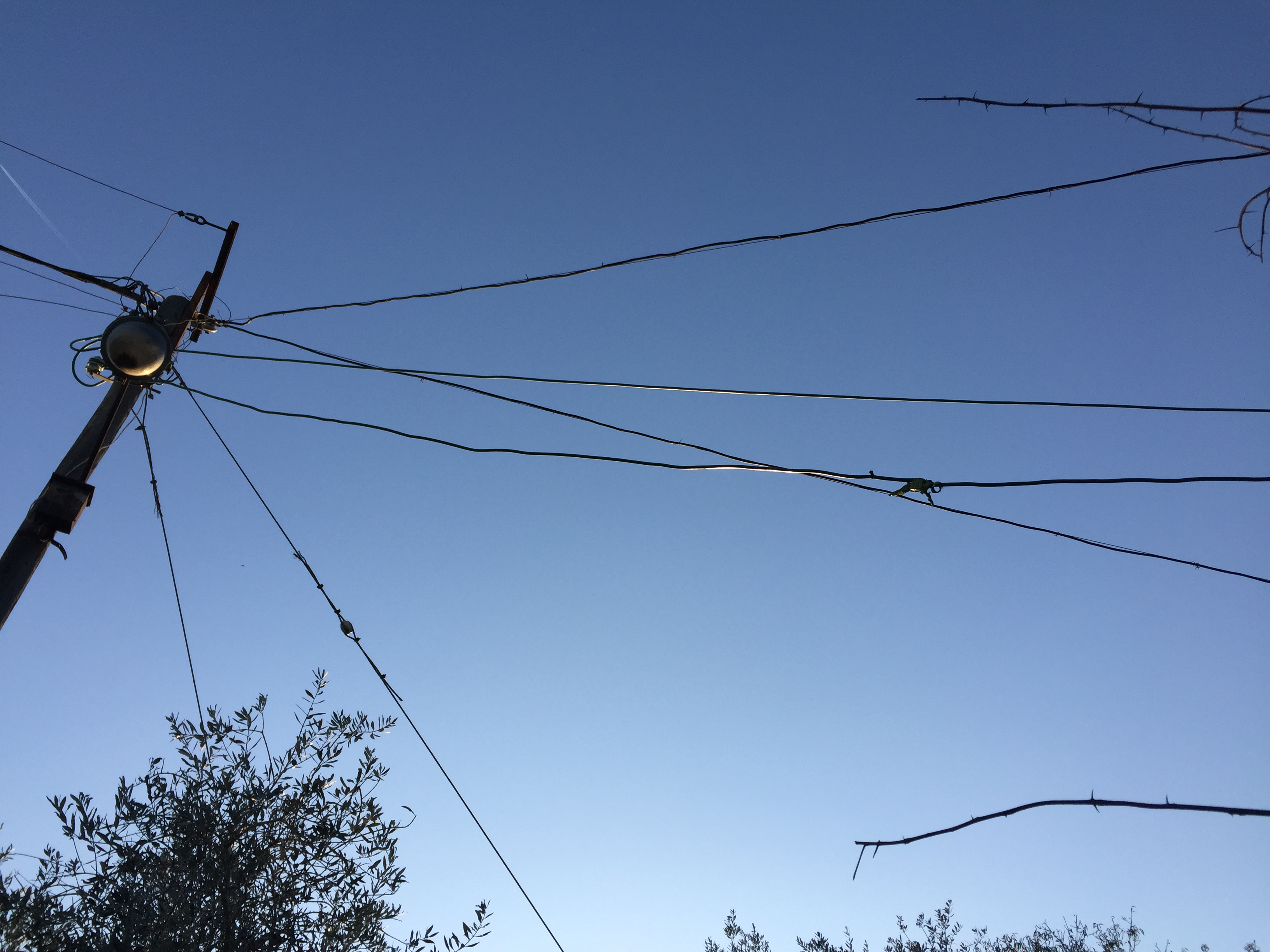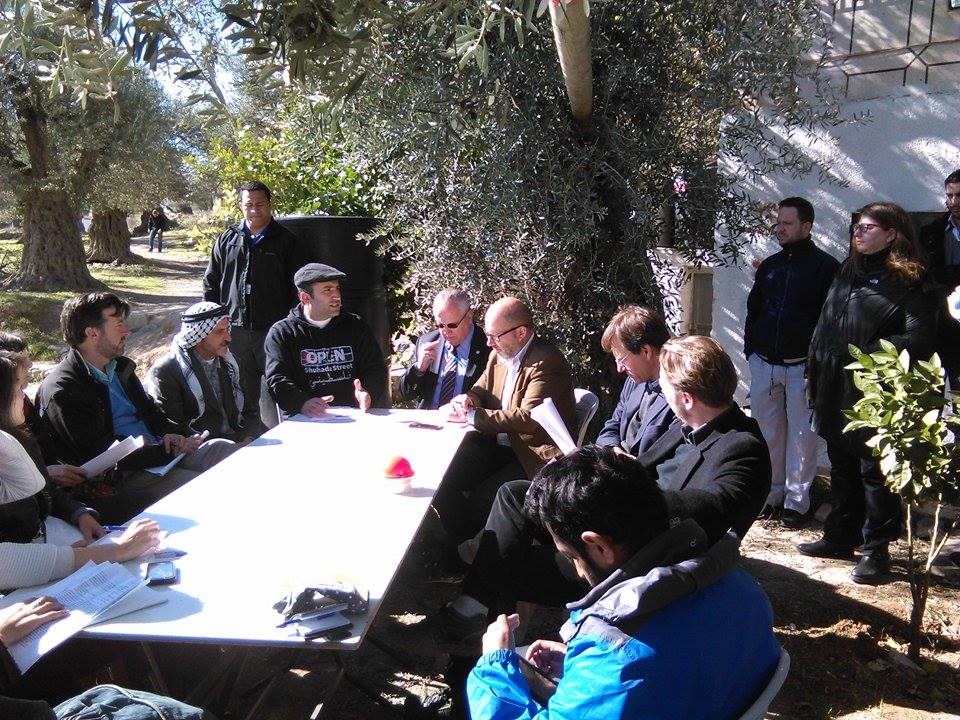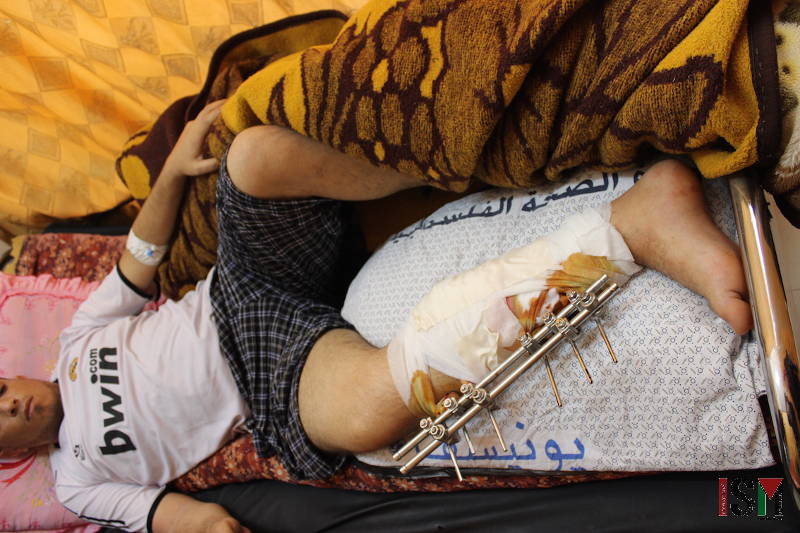Category: Features
-
Israeli forces take a next step in threatening 3 families from Deir Istyia.
December 9th, 2015 | International Solidarity Movement, Huwwara team | Deir Istyia, occupied Palestine In the end of November we told the story of three families, living in the outskirts of Deir Istyia who were under daily threats and harassment from the Israeli forces. Now the threatening from the IOF has reached another level for…
-
UN delegation visits H2-area of Hebron
December 12th, 2015 | International Solidarity Movement, al Khalil team | al Khalil, occupied Palestine On Tuesday, 8th December 2015, a delegation from the United Nations visited the H2 area of occupied al-Khalil (Hebron), ahead of the international Human Rights Day on 10th December. The UN-delegation visited the H2 area, under full Israeli control, to…
-
Demonstrator injured last week in Gaza undergoing two surgeries
December 11th, 2015 | International Solidarity Movement, Gaza team | Karni border crossing, Gaza, occupied Palestine Last week, during the demonstration at Karni Border Crossing, Ahmad Nabil El-Akhsham (28 years old) was shot in the leg. He was there, as he had been every Friday since the beginning of October. At some point he and the other…



